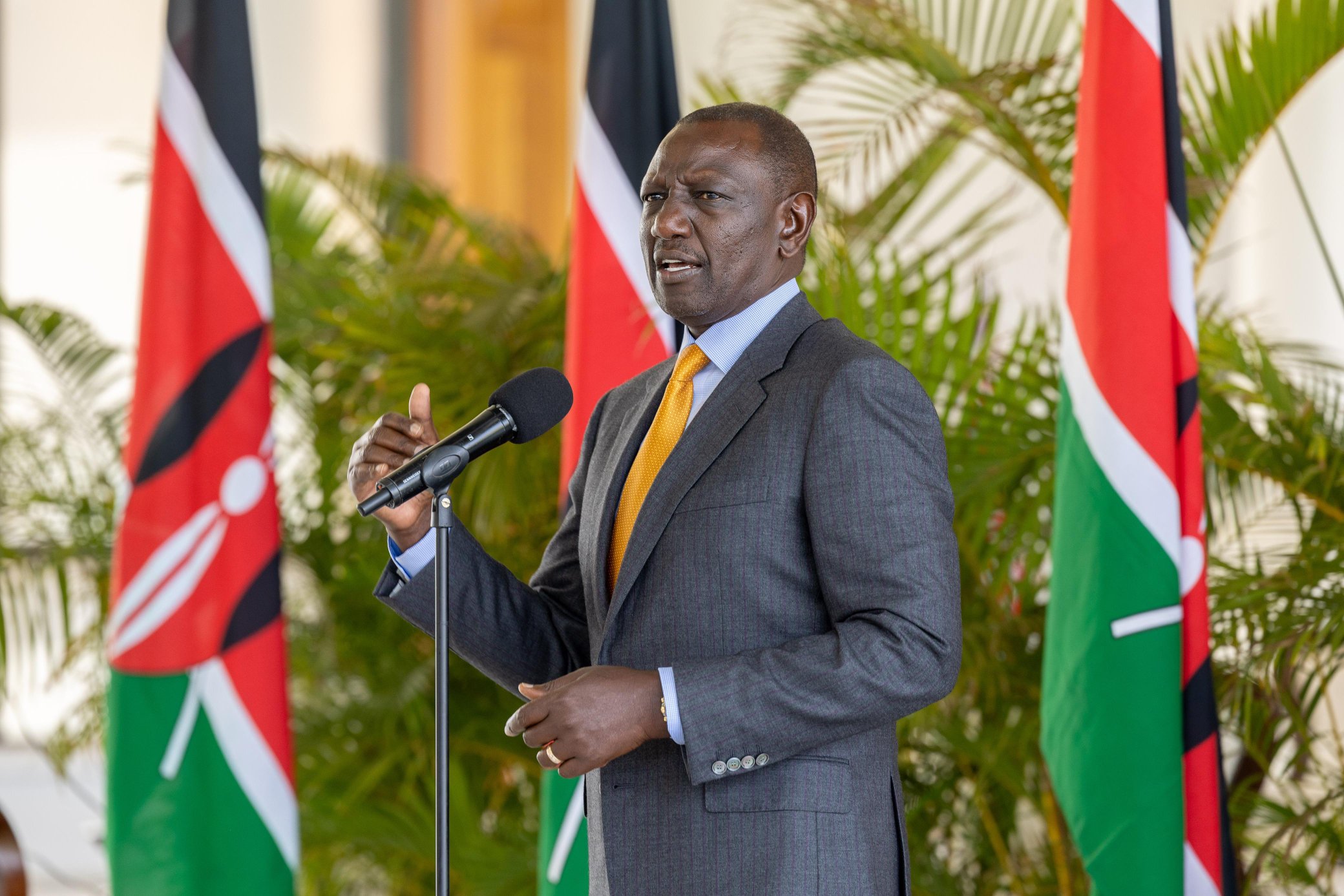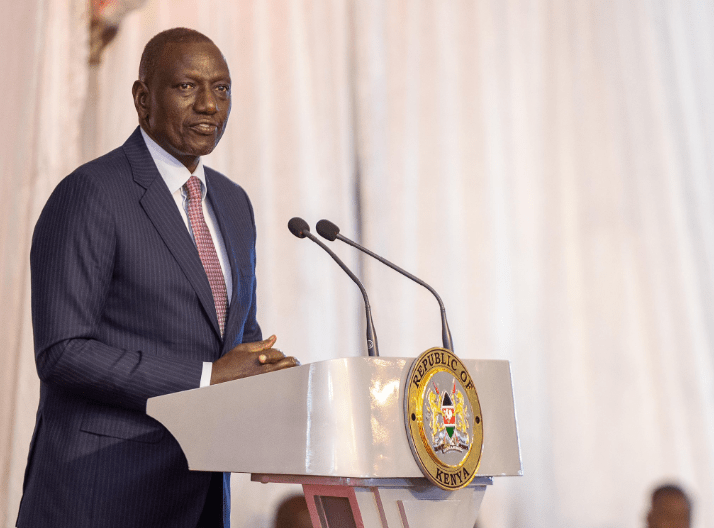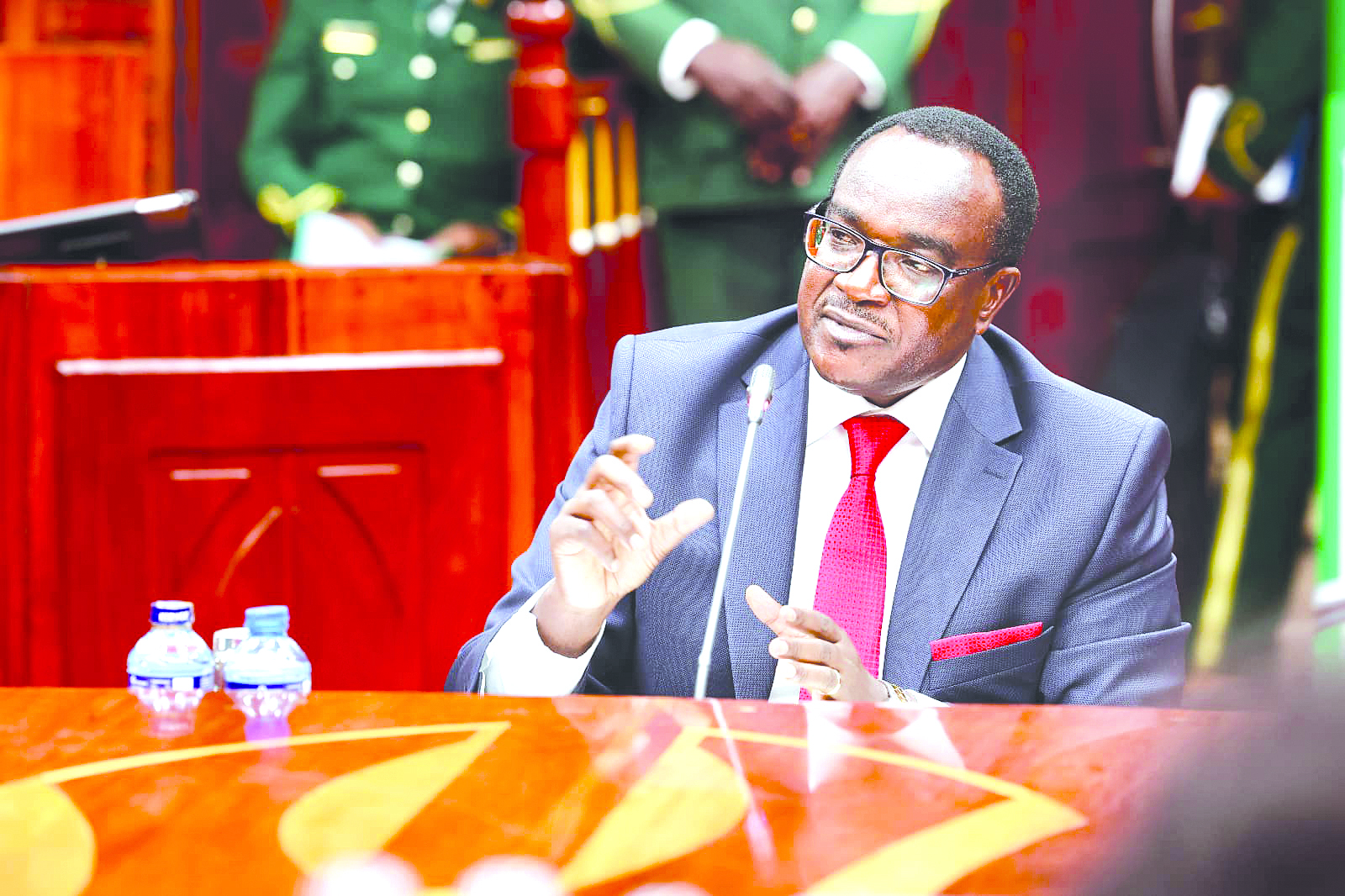Central Bank should refrain from raising cost of loans

Central Bank’s Monetary Policy Committee (MPC) is expected to meet in about eight days, with indicators pointing to a possible upward adjustment in the cost of loans. When the committee last met in March, it raised the loan rate by 0.5 per cent. As a result, banks have already informed their customers that they will similarly adjust loan prices in three weeks.
That means the coming in of a new administration after the August 9 election will coincide with an increase in cost of loans, including for mobile phone borrowers.
This is likely to come as a damper because Kenyans will start paying much more for every shilling they borrow. That will mean the cost of money will go up at a point of political transition, which is bad for both politics and business.
Unlike the cost of consumer goods, such as flour and fuel, which are felt by practically everyone, and which are easier to control through political interventions, loan prices are hidden, but have a major impact on businesses (who borrow for investment), individuals and families (who borrow for either investment and consumption or both).
It is generally acknowledged that an economy grows when individuals and institutions borrow as loans provide much-needed access to capital for investment and cash for consumption. As such, when loans become more expensive, they depress both investment and consumption, holding back economic activity.
In a country like Kenya, where the bulk of borrowers use digital platforms, the cost of loans is easy to conceal from the inflation basket. This, however, does not mean that individuals and enterprises do not feel the direct pinch of policy interventions that make money more expensive.
By last year, for instance, four in ten Kenyans were borrowing using their mobile phones. These represented the largest proportion of digital borrowers globally, according to the association of mobile network operators. Now that we are in the second half of the year, assuming that the trend has held, it is likely that this number has risen to five, probably six, out of every ten Kenyans.
Something else has been happening. The Treasury just last week increased tax on new mobile phones as well as on SIM cards. What this means is that new mobile phone subscribers will face a higher barrier if they seek to access digital loans since they will pay more for the hardware as well as the software. Naturally, it will be harder for them to get the loans.
The demographic most likely to be affected by this barrier are young people who are leaving school and those starting out in life. If borrowing becomes more expensive for them, it will mean a large swathe of Kenyans will experience a decline in their economic fortunes. This will be happening at a time when drought has affected the cost of food, education is eating up more disposable incomes and the wrangles between NHIF and private hospitals have forced Kenyans to pay out of pocket for medical services.
With a new administration coming to power at a time when Kenya has hit its debt ceiling and the shilling has steadily weakened against the US dollar, the Treasury will feel pressure to borrow locally, which will further crowd out private and corporate borrowers.
This is why the MPC should seriously consider short- and medium-term impacts of raising the Central Bank Rate. For instance, data shows that our national savings rate stood at a paltry 2.56 per cent in April. This is against the globally recommended 25 per cent. That means Kenya already has one of the lowest savings rate in the world as workers and businesses feel the impact of constrained incomes, which have to satisfy far too many demands.
A respite must come at some point if the economy is to remain robust and if we are to maintain stability before, during and after the election.
Remember, economic factors have always been the powder keg that ignites political unrest, and this is a scenario that is too serious to contemplate for Kenya at this point. That is why all steps ought to be taken now to tame inflation, then to cool down the cost of borrowing and finally to ensure the political space remains stable.
— The writer is the Managing Editor, People Daily—[email protected]















